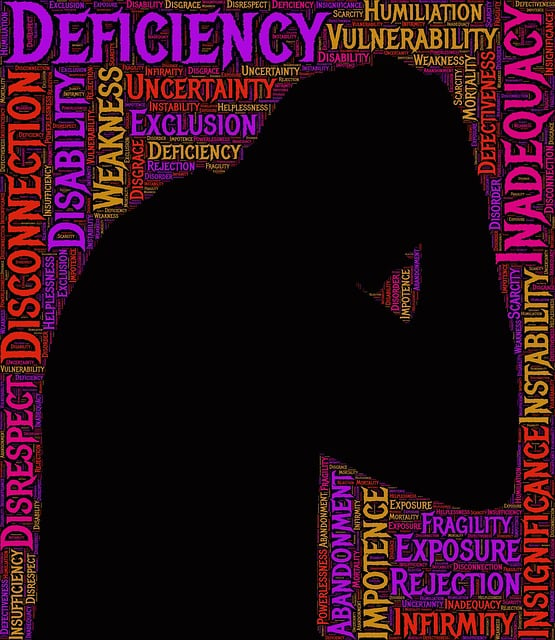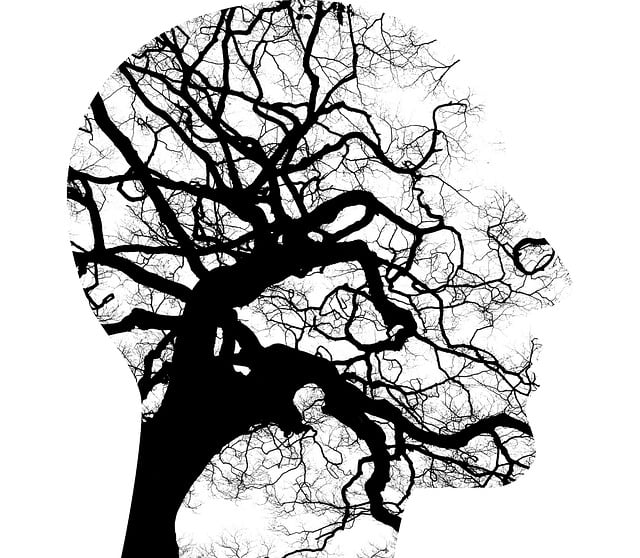Lone Tree Family Counseling Therapy prioritizes group facilitators who create nurturing environments for mental health therapy through active engagement and robust communication. They expertly navigate risks with thorough risk management plans, contributing to stigma reduction by fostering understanding and empathy within groups. Through clear boundaries, non-judgmental language, active listening, and inclusive terms, they promote safe spaces for open dialogue and personal growth. Facilitators guide members in sharing experiences, developing coping skills, and managing conflicts constructively, all while encouraging connection and community building through interactive activities.
At Lone Tree Family Counseling Therapy, group facilitation plays a pivotal role in enhancing mental wellness. This article delves into the art of group facilitation, exploring techniques that create safe spaces for open dialogue and foster meaningful connections. From establishing supportive environments to employing effective communication strategies, we navigate challenging conversations and conflicts. Discover how these methods not only encourage participation but also build a sense of community, offering a holistic approach to mental health support at Lone Tree Family Counseling Therapy.
- Understanding the Role of a Group Facilitator at Lone Tree Family Counseling Therapy
- Creating a Safe and Supportive Environment for Open Dialogue
- Effective Communication Strategies to Encourage Participation
- Techniques for Managing Difficult Conversations and Conflicts
- Fostering Connection and Community Within the Group Setting
Understanding the Role of a Group Facilitator at Lone Tree Family Counseling Therapy

At Lone Tree Family Counseling Therapy, the group facilitator plays a pivotal role in fostering a safe and supportive environment for individuals navigating various mental health challenges. They are not merely moderators but active participants who guide discussions, ensuring every member feels heard and understood. Through effective communication strategies, facilitators create a space where participants can share their experiences, offer mutual support, and learn from one another. This approach not only enhances the therapeutic process but also contributes to mental illness stigma reduction efforts by promoting understanding and empathy within the group.
Moreover, these professionals are adept at managing risks associated with group therapy sessions. They implement robust risk management planning for mental health professionals, anticipating potential challenges and implementing strategies to address them promptly. By doing so, they create a secure setting where individuals can explore their mental wellness openly, without fear of judgment or exacerbation of existing issues.
Creating a Safe and Supportive Environment for Open Dialogue

In facilitating mental wellness groups at Lone Tree Family Counseling Therapy, creating a safe and supportive environment is paramount for fostering open dialogue. This begins with establishing clear boundaries and expectations from the outset, ensuring every participant feels heard and respected. A non-judgmental atmosphere encourages individuals to share their experiences and challenges freely, knowing they will be met with empathy rather than criticism.
Through active listening and inclusive language, facilitators can help members feel validated and understood. Incorporating techniques like emotional regulation exercises and self-awareness activities during group sessions further enhances this safety net. By teaching participants effective stress management strategies via workshops or organized programs, the group becomes a haven where individuals support each other in navigating life’s complexities, ultimately fostering deeper connections and personal growth.
Effective Communication Strategies to Encourage Participation

Encouraging active participation within a mental wellness group is pivotal for fostering an engaging and therapeutic environment. As a facilitator, employing effective communication strategies can significantly enhance group dynamics. One powerful technique involves open-ended questions that prompt members to share their experiences and insights, creating a safe space for vulnerability and connection. For instance, asking “How does this topic impact your daily life?” or “What coping mechanisms have you found helpful?” encourages personal reflections and promotes meaningful discussions.
At Lone Tree Family Counseling Therapy, we recognize the importance of these Emotional Well-being Promotion Techniques in group settings. Through active listening and inclusive conversation, facilitators can guide members towards developing essential Coping Skills Development strategies. By creating an atmosphere where everyone feels heard and valued, mental wellness coaching programs can effectively evolve, enabling participants to navigate challenges with enhanced resilience and a deeper sense of community support.
Techniques for Managing Difficult Conversations and Conflicts

Managing difficult conversations and conflicts is a crucial aspect of group facilitation, especially when dealing with sensitive topics related to mental wellness. At Lone Tree Family Counseling Therapy, facilitators employ various techniques to create a safe and supportive environment. One effective approach is active listening, where the facilitator pays close attention to each member’s perspective, ensuring everyone feels heard and validated. This technique helps de-escalate tensions and fosters open communication.
Additionally, promoting emotional awareness and self-regulation skills through activities like mindfulness exercises can be beneficial. Encouraging participants to recognize and express their emotions constructively contributes to a healthier group dynamic. Social Skills Training plays a vital role in managing conflicts, teaching individuals appropriate ways to communicate, resolve disputes, and build positive relationships. These strategies collectively support the reduction of mental illness stigma and promote effective stress reduction methods within the counseling therapy setting.
Fostering Connection and Community Within the Group Setting

In a group setting facilitated by professionals like those at Lone Tree Family Counseling Therapy, fostering connection and community is paramount for mental wellness. Through interactive activities and open dialogue, participants can build a sense of belonging, reducing feelings of isolation that often accompany mental health struggles. By creating an environment where everyone feels seen, heard, and valued, facilitators encourage the exchange of experiences and emotions, enhancing mental health awareness and fostering emotionally intelligent interactions.
Empathy building strategies play a crucial role in this process. Group members learn to understand and share each other’s feelings, breaking down barriers and promoting positive relationships. This collective support system not only enhances individual mental wellness but also strengthens the community as a whole, creating a safe space where individuals can navigate their emotional journeys together.
Group facilitation at Lone Tree Family Counseling Therapy plays a pivotal role in fostering mental wellness through communal support and open dialogue. By creating safe spaces, employing effective communication strategies, managing conflicts constructively, and encouraging connection, facilitators cultivate an environment conducive to healing and growth. These techniques not only enhance individual well-being but also build a sense of community among participants, making Lone Tree Family Counseling Therapy a recognized leader in group therapy practices.












